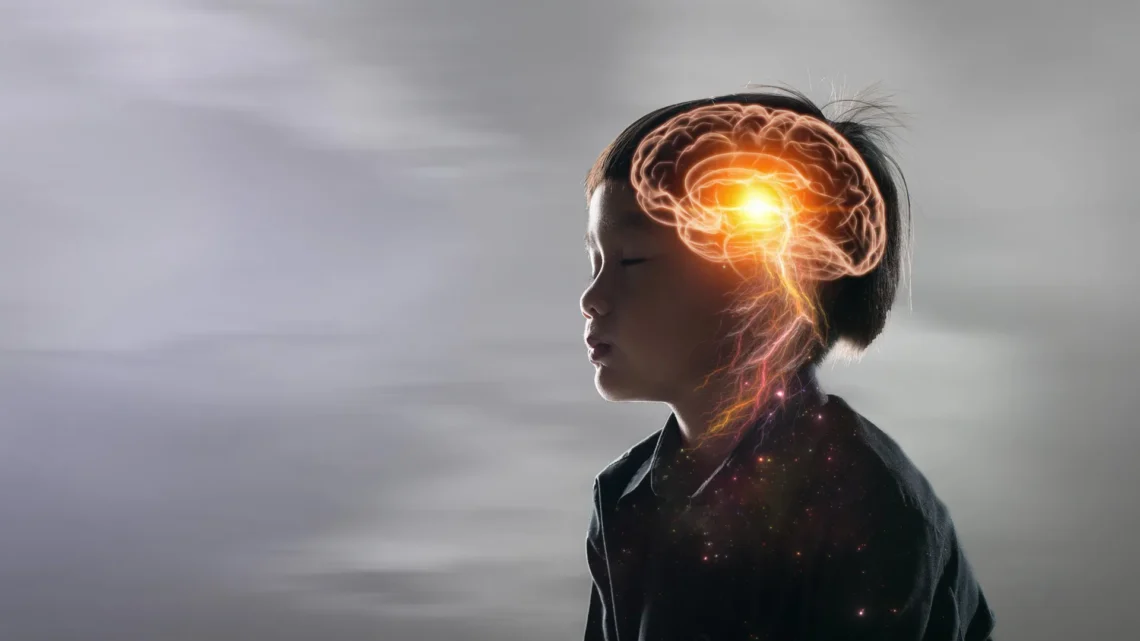Some memories stick in our minds with vivid detail, while others fade away like distant echoes. Have you ever wondered why some moments are etched in our memory forever, while others are easily forgotten?
A new study from Boston University offers some insights, suggesting that ordinary memories become stronger when they’re linked to significant events—like discovering you’ve won the Powerball. In such cases, even the most mundane actions right before the big moment can become unforgettable. This research, published in Science Advances, could pave the way for better treatment options for memory issues and assist students in grasping complex concepts.
According to Robert M.G. Reinhart, an associate professor at BU, “Memory isn’t just a passive recorder; our brains decide what is important. Emotional experiences can enhance fragile memories.” He emphasizes that developing techniques to strengthen beneficial memories or weaken harmful ones has long been a goal in cognitive neuroscience. Their study suggests that emotional resonance can be strategically utilized to bolster memory.
In the research, Reinhart and his team use an example of a hiker in Yellowstone stumbling upon a herd of bison. They found that the awe of such an encounter not only cements that moment in memory but also makes the smaller details leading up to it—like a distinctive rock on the trail—more memorable.
“The question is, what mechanisms are at play?” Reinhart asks. “That’s what we aimed to uncover: how the brain chooses to strengthen certain memories.”
How the Brain Chooses to Preserve Memories
We’ve all experienced unforgettable moments, but researchers have debated the concepts of retroactive and proactive memory enhancement. This refers to how memories surrounding a significant event are prioritized. Previous studies had varying conclusions about whether less prominent memories are bolstered by their association with stronger ones.
Reinhart’s recent project, featuring nearly 650 participants and ten separate studies analyzed with artificial intelligence, provides clear evidence of memory enhancement. A key finding was that the brain uses a sliding scale to determine which memories to keep. Many experiments involved showing participants different images tied to varying rewards, followed by a surprise memory test the next day.
For proactive memories formed after a significant event, recall strength relied on the emotional impact of that event. The more impactful the event, the more likely subsequent memories would be remembered. However, for retroactive memories—those preceding the pivotal moment—their strength depended on their connection to the event, such as a matching visual cue. This research validates the new principle of “graded prioritization” in how the brain organizes everyday experiences.
“For the first time, we present clear evidence that the brain enhances weaker memories based on their conceptual similarity to emotional events,” notes Chenyang (Leo) Lin, a doctoral student in Reinhart’s lab and the paper’s first author. “It’s not just about timing, but also about thematic overlap.”
The study also revealed that if any secondary memories had their own emotional weight, the enhancement effect was reduced. “The brain seems to focus on fragile memories that might otherwise fade away,” Reinhart explains. He has conducted many influential studies on memory functions, including how noninvasive brain stimulation techniques can enhance memory in older adults or reduce compulsive behaviors.
Strengthening Memories; Boosting Learning
While this study primarily explores how memories are formed, Reinhart believes it has broader implications for future clinical studies and applications.
“This discovery could greatly influence both theoretical frameworks and practical applications,” says Reinhart. “In education, linking emotionally intriguing material to fragile concepts could enhance retention. Clinically, we might be able to recover memories that have become weak over time. Conversely, this approach could also help with individuals dealing with trauma-related memories—sometimes, you don’t want to retrieve distressing memories.”
Reinhart’s research receives support from entities like the National Institutes of Health and various foundations.
Summary: A Boston University study reveals how ordinary memories can become stronger when connected to emotionally significant events. Led by Robert M.G. Reinhart, the research demonstrates that emotional experiences enhance fragile memories, offering insights that could improve treatments for memory issues and enhance educational strategies. The study suggests a “graded prioritization” of memories based on their emotional weight and conceptual connections, potentially benefiting both clinical applications and learning environments.





